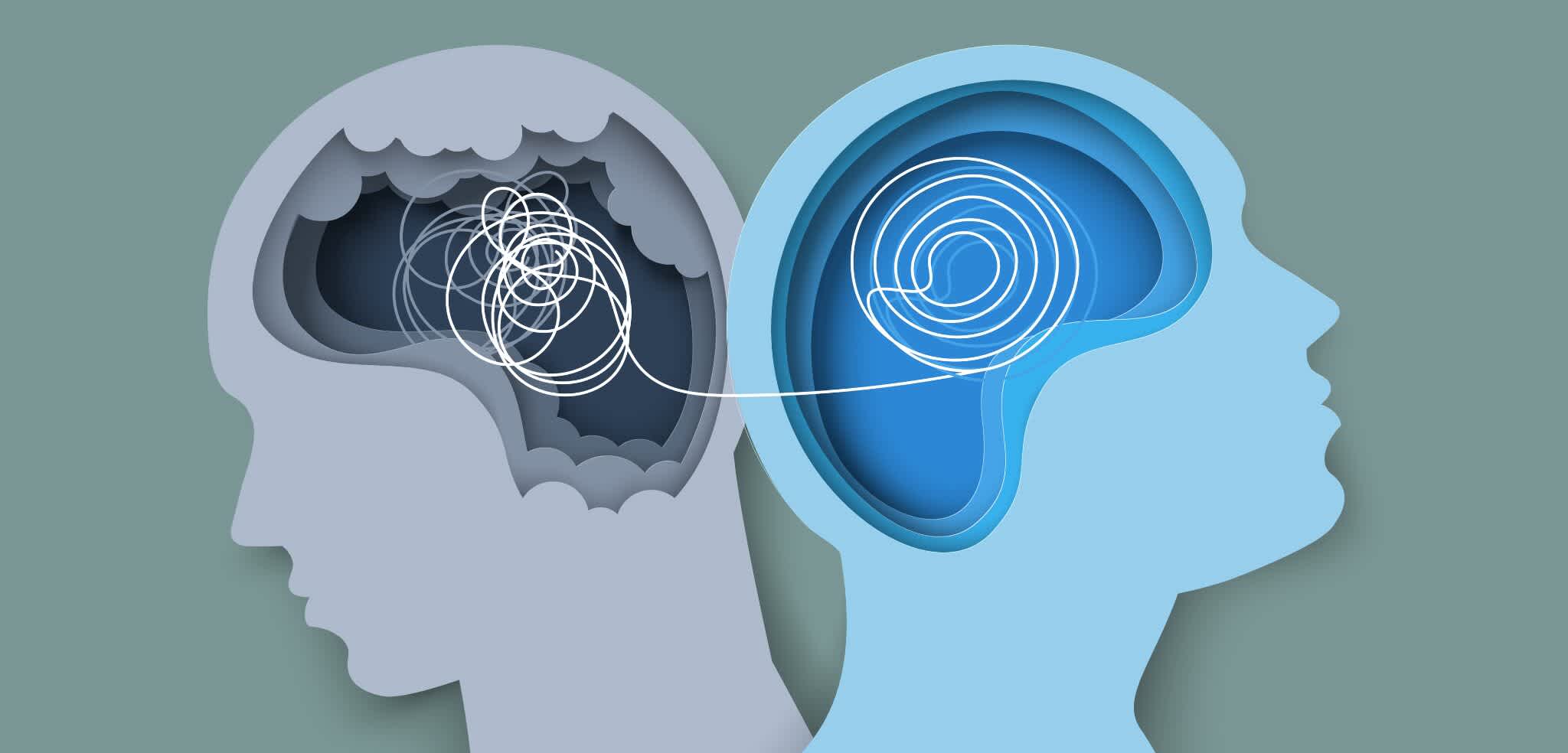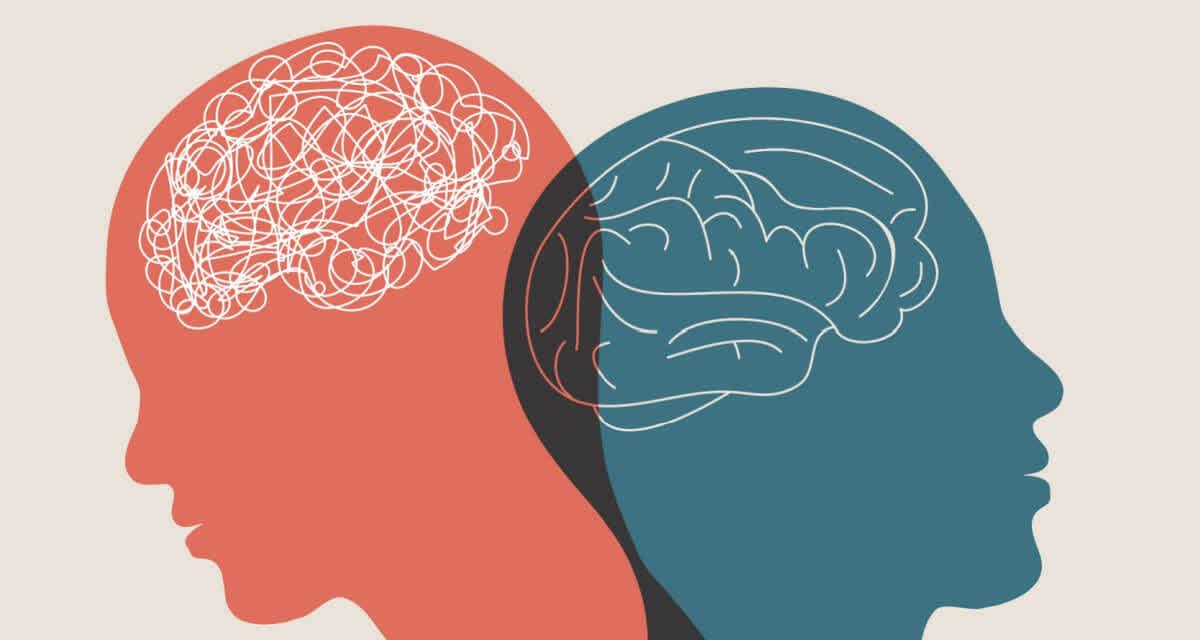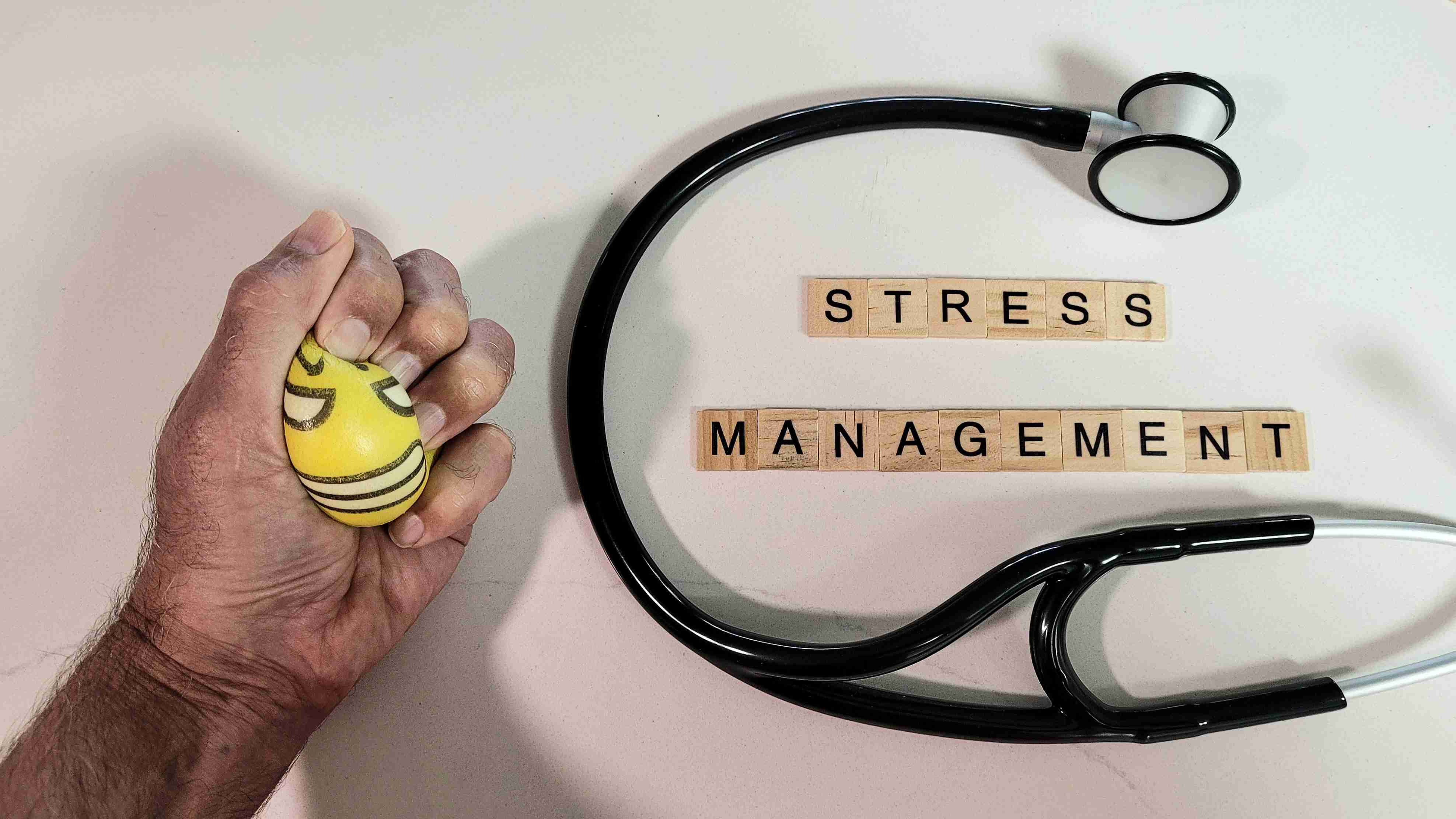
How to Manage Stress for Better Mental Health

Introduction
In today’s fast-paced world, stress has become a common part of life. Whether it's work-related pressure, financial concerns, relationship struggles, or health issues, stress affects us all. While short-term stress can be a motivator, chronic stress can have detrimental effects on mental and physical health. Managing stress effectively is crucial for maintaining a balanced, happy, and healthy life.
This comprehensive guide explores the causes and effects of stress and provides practical strategies to help you manage stress for better mental health.
Understanding Stress: What It Is and How It Affects You
What is Stress?
Stress is the body's natural response to challenges or threats, often referred to as the "fight or flight" response. When faced with a stressful situation, the body releases hormones like cortisol and adrenaline, increasing heart rate, sharpening focus, and preparing you to act. While this reaction is beneficial in dangerous situations, prolonged stress can be harmful.
Types of Stress
Acute Stress – Short-term stress triggered by immediate challenges, such as giving a presentation or meeting a deadline.
Chronic Stress – Long-term stress caused by persistent problems, such as financial difficulties, toxic relationships, or work-related pressure.
Episodic Acute Stress – Frequent acute stress episodes due to a chaotic lifestyle or personality traits, such as excessive worrying.
Traumatic Stress – Severe stress resulting from traumatic events like accidents, abuse, or natural disasters.
Effects of Stress on Mental and Physical Health

Mental Health Effects: Anxiety, depression, mood swings, irritability, difficulty concentrating, and memory problems.
Physical Health Effects: Headaches, high blood pressure, digestive issues, weakened immune system, and sleep disturbances.
Effective Strategies to Manage Stress

1. Identify Stress Triggers
The first step in managing stress is recognizing what causes it. Keep a stress journal to track situations that trigger stress and how you respond. Identifying patterns helps you develop strategies to manage or avoid stressors.
2. Practice Deep Breathing and Relaxation Techniques
Deep breathing activates the parasympathetic nervous system, which promotes relaxation. Try these techniques:
Box Breathing: Inhale for four counts, hold for four counts, exhale for four counts, hold for four counts.
Diaphragmatic Breathing: Breathe deeply into your diaphragm rather than shallow breathing from your chest.
Progressive Muscle Relaxation: Tense and relax each muscle group, starting from your feet up to your head.
3. Exercise Regularly
Physical activity is a natural stress reliever. It releases endorphins, which improve mood and reduce stress hormones. Aim for at least 30 minutes of moderate exercise, such as:
Walking or jogging
Yoga or stretching exercises
Strength training
Dance or aerobics
4. Maintain a Healthy Diet
What you eat plays a significant role in managing stress. Include stress-reducing foods such as:
Omega-3 fatty acids (salmon, flaxseeds)
Dark leafy greens (spinach, kale)
Nuts and seeds (almonds, walnuts)
Herbal teas (chamomile, green tea)
Dark chocolate (in moderation)
Avoid excessive caffeine, sugar, and processed foods, as they can increase stress levels.
5. Get Enough Sleep
Lack of sleep increases stress levels and impairs cognitive function. Improve sleep quality by:
Maintaining a consistent sleep schedule
Creating a relaxing bedtime routine (reading, warm bath, meditation)
Avoiding screen time before bed
Keeping your bedroom dark, cool, and quiet
6. Set Realistic Goals and Prioritize Tasks
Feeling overwhelmed by responsibilities can contribute to stress. Manage workload effectively by:
Breaking tasks into smaller, manageable steps
Prioritizing important tasks and delegating when possible
Avoiding perfectionism and unrealistic expectations
7. Practice Mindfulness and Meditation
Mindfulness involves focusing on the present moment without judgment. Meditation and mindfulness exercises help reduce stress and increase emotional resilience. Try:
Guided Meditation: Use apps like Headspace or Calm
Mindful Walking: Pay attention to each step and your surroundings
Gratitude Journaling: Write down three things you’re grateful for each day
8. Build a Strong Support System
Having supportive relationships reduces stress. Talk to friends, family, or a therapist when feeling overwhelmed. Socializing, even in small ways, can boost mental well-being.
9. Engage in Hobbies and Enjoyable Activities
Taking time for activities you enjoy can relieve stress. Some stress-busting hobbies include:
Reading
Painting or drawing
Gardening
Playing musical instruments
Cooking or baking
10. Learn to Say No and Set Boundaries
Overcommitting yourself can lead to stress and burnout. Practice saying no to tasks that add unnecessary pressure. Setting healthy boundaries protects your mental health.
11. Seek Professional Help When Needed
If stress becomes overwhelming, seeking therapy or counseling can be beneficial. A mental health professional can help you develop coping strategies tailored to your needs.
10 Frequently Asked Questions (FAQs) About Stress Management
1. What are the first signs of stress?
Common signs include irritability, headaches, muscle tension, fatigue, and difficulty concentrating.
2. Can stress cause physical illness?
Yes. Chronic stress can contribute to high blood pressure, heart disease, digestive problems, and weakened immunity.
3. How can I reduce stress quickly?
Try deep breathing, a short walk, listening to music, or practicing mindfulness.
4. Is stress always harmful?
No. Some stress (eustress) can be motivating and improve performance, but chronic stress is harmful.
5. How does exercise help with stress?
Exercise releases endorphins, reduces cortisol levels, and improves overall mood.
6. Can meditation really reduce stress?
Yes, regular meditation reduces anxiety, improves focus, and promotes relaxation.
7. What foods help reduce stress?
Foods rich in omega-3s, magnesium, and antioxidants, such as fish, nuts, and dark chocolate.
8. How can I manage stress at work?
Prioritize tasks, take short breaks, set boundaries, and practice deep breathing techniques.
9. How does sleep affect stress levels?
Poor sleep increases cortisol levels, making stress harder to manage. Aim for 7-9 hours of sleep per night.
10. When should I seek professional help for stress?
If stress significantly interferes with your daily life, relationships, or physical health, consider seeking help from a therapist.
Conclusion
Managing stress is essential for maintaining good mental and physical health. By identifying stress triggers, adopting healthy lifestyle habits, and practicing relaxation techniques, you can reduce stress and improve overall well-being. Remember, small, consistent changes can have a big impact over time.
Start incorporating these strategies into your daily routine, and over time, you'll notice improvements in your mood, productivity, and overall quality of life. If stress becomes overwhelming, don’t hesitate to seek professional support.
Take control of your stress, and prioritize your mental well-being—your mind and body will thank you!






